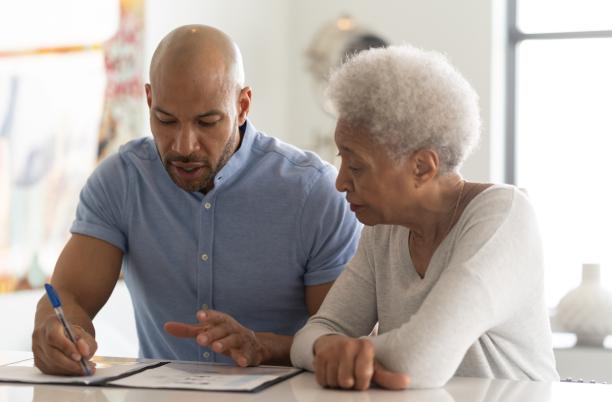
What to do when someone dies

When someone important to you has died it can be very hard knowing what to do next. This page has a step-by-step guide on what to do when someone dies
Title
What to do when someone dies:
How to get a death certificate
After someone dies, one of the first things to do is get a Medical Certificate of Cause of Death to be able to register the death.
When a death is from known and natural causes, the doctor who was caring for the person will issue this certificate.
If the cause of death is unknown or is not natural, the doctor (or sometimes the police) will notify a coroner, and a post-mortem might be required. This means the Medical Certificate can’t be issued straight away, and this can delay funeral arrangements.
The coroner’s office will tell you what the cause of death was. If it is found to be from a natural cause you will be told how to make an appointment to register the death, otherwise there may be an inquest, except in Scotland where there are no inquests.
There is more information about how to get a death certificate on the Government’s page on coroner services.
How to register a death
Once you have the Medical Certificate of Cause of Death, you need to register the death in the area where the person died within five days, or eight days if you’re in Scotland. To find out where to register a death, visit the Government page on finding a register office.
The registrar will ask you for details of the person that has died, as well as documents like their passport and utility bills. The registrar will then issue:
- Copies of the death certificate, as many as you need (note that there is a charge per certificate)
- A certificate of registration or notification of death (BD8) form for the Department of Work and Pensions
- A certificate for burial or cremation (also called a green form).
Telling others about a death
The Tell Us Once service lets you inform several different government departments of the death at the same time. This helps to avoid over-payment of benefits and pensions, and reduces the number of phone calls you need to make. Note that it’s not currently available in Northern Ireland.
You'll need to tell banks, utility companies, and landlords or housing associations yourself. If you are the husband, wife or civil partner of the person who has died and were living in a council property the tenancy will usually pass to you, giving you the right to stay in the property, but this is different for other family members.
You may be able to get benefits if your husband, wife or civil partner has died, or if you are bringing up a child whose parents have died. For more information on this and whether your tax, benefit claims and pension might change, read this page on bereavement support payments.
If your right to live in the UK depends on your relationship with the person who died, you might need to apply for a new visa. Check whether this applies to you on the Government website
Arranging the funeral and applying for probate
Once you have the death certificate, you can arrange the funeral and manage the person’s financial affairs, also known as their estate. We've produced some helpful guidance on how to arrange a funeral.
To help you understand the process of arranging a funeral, read our commonly asked questions about funerals, written by funeral directors.
If you have been named the executor of the will you might have to deal with the money and property of the person who's died. You may need to apply for probate, which is a court order required to release the person’s assets.
To find out more about how to apply for probate, visit the Citizens Advice guide to dealing with the financial affairs of someone who has died.
Find bereavement support, information and advice
The National Bereavement Service offers practical and emotional support to guide people through what needs to be done following a death.
The service can introduce bereaved people to trusted partner organisations in both private and charitable sectors, as well as provide information on the statutory requirements following loss, such as the registration of death and probate.
Samaritans
116 123 - www.samaritans.org
Cruse Bereavement Support
0808 808 1677 - www.cruse.org.uk
Bereavement UK
The Compassionate Friends
0345 123 2304 - www.tcf.org.uk
The Good Grief Trust
0800 448 0800 - www.thegoodgrieftrust.org
Memoria
With thanks to Memoria for providing their expertise and information on this page.


